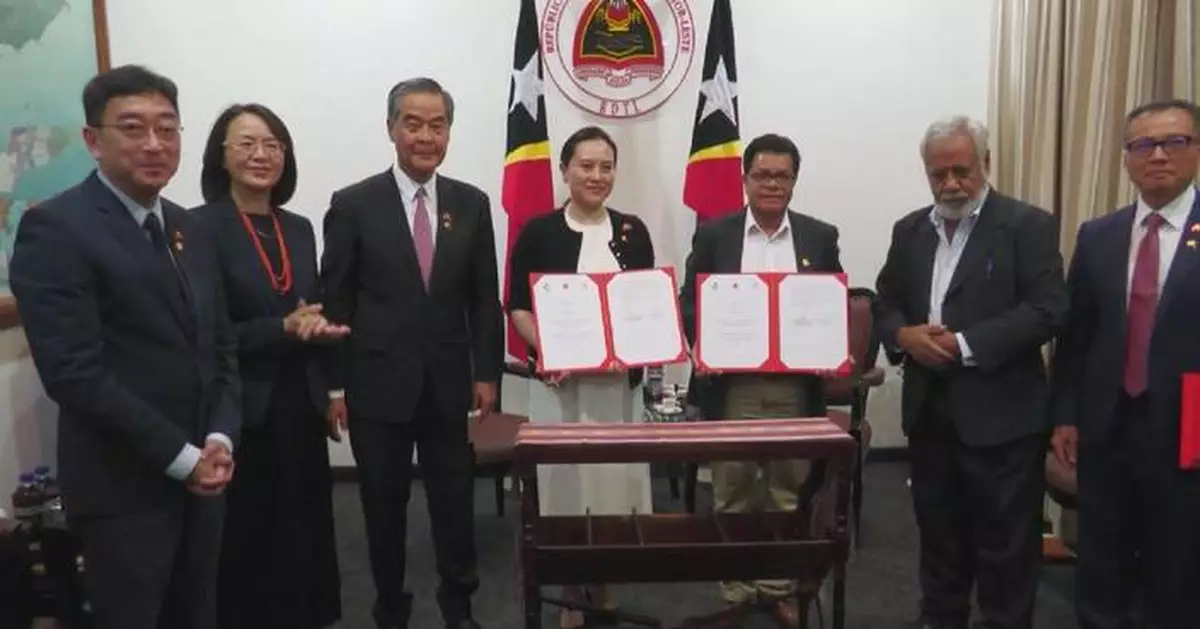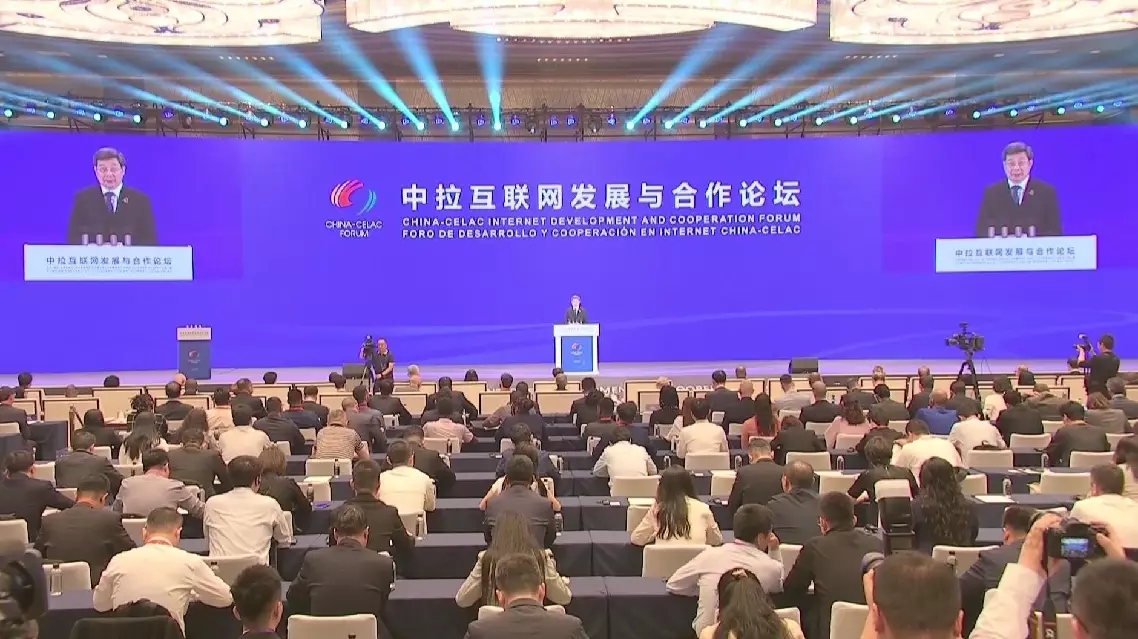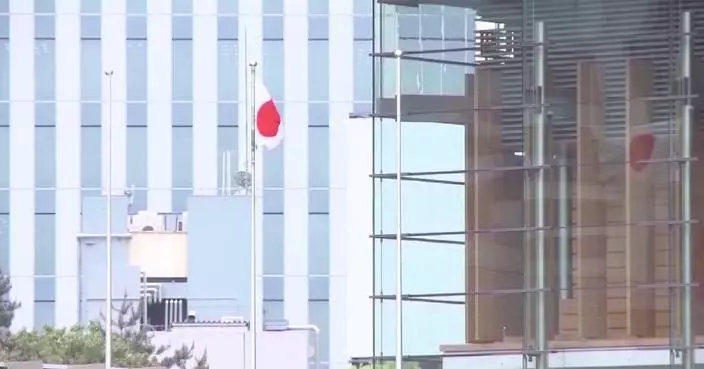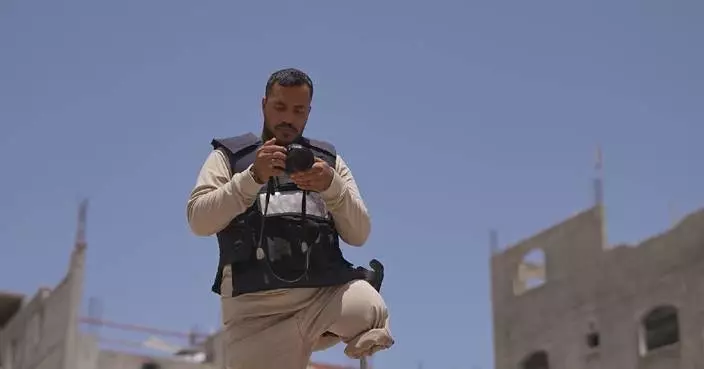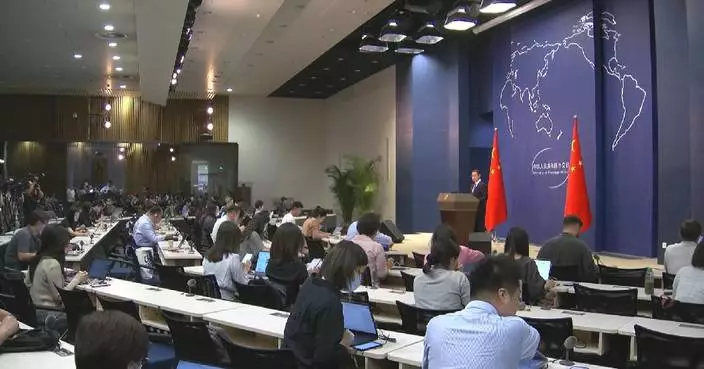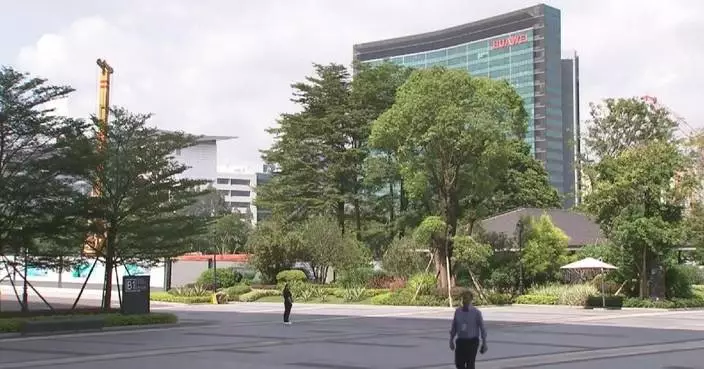GX Foundation, a Hong Kong-based Chinese medical humanitarian organization, signed a Memorandum of Understanding (MoU) on dengue fever prevention and control and a letter of intent for cooperation on clean water project with the health ministry of Timor-Leste in Dili, capital of Timor-Leste, on Friday.
The signing of the agreements were witnessed by Leung Chun-ying, vice chairman of the National Committee of the Chinese People's Political Consultative Conference (CPPCC) and chairman of GX foundation, and Timor-Leste's Prime Minister Xanana Gusmao.
Under the agreements, the GX Foundation will intensify its partnership with Timor-Leste's health authorities to combat dengue fever and address the country's drinking water shortages.
Earlier this year, the foundation launched its first global pilot project in the southeast Asian country, donating a range of mosquito control products to the country's health ministry, including mosquito killer lamps, fly traps, mosquito nets and rapid test kits. The efforts, covering early diagnosis, prevention, protection and education, have significantly mitigated the risk of dengue outbreaks in the country.
Despite a global surge in dengue cases, the first half of this year saw Timor-Leste reporting a 10 percent decrease in confirmed cases compared to the same period of last year. Notably, dengue infections in May and June dropped by 76.5 percent.
"We have installed the mosquito killer lamps provided by the GX Foundation in all hospital departments, from emergency rooms to server rooms. We have noticed almost no mosquitoes in the hospital now. Moreover, we no longer have concerns about dengue fever," said Pereira, director of the infectious disease prevention and control department of the Guido Valadares National Hospital.
"The results of this pilot project are crucial for our future initiatives, as they help identify high-risk areas. We hope this project will serve as a model for other regions and developing countries affected by dengue fever," said Chan Yingyang, CEO of the GX Foundation.
In addition, to combat waterborne diseases caused by contaminated drinking water, the foundation will launch its first "Clean Water Project" in the country. The initiative includes the donation of 100 water purification machines to the institutions such as hospitals and schools. Qualified technicians will be mobilized to manage the installation.
Founded in Hong Kong in 2018, the GX Foundation is a non-governmental and non-profit medical humanitarian organization dedicated to providing international medical and public health humanitarian assistance in the Belt and Road countries.
Dengue fever is a mosquito-borne viral infection and mostly occurs in the rainy season from June to October in Southeast Asia. It usually causes severe flu-like symptoms, including high fever, headache, vomiting, muscle and joint pain, and a characteristic skin rash.
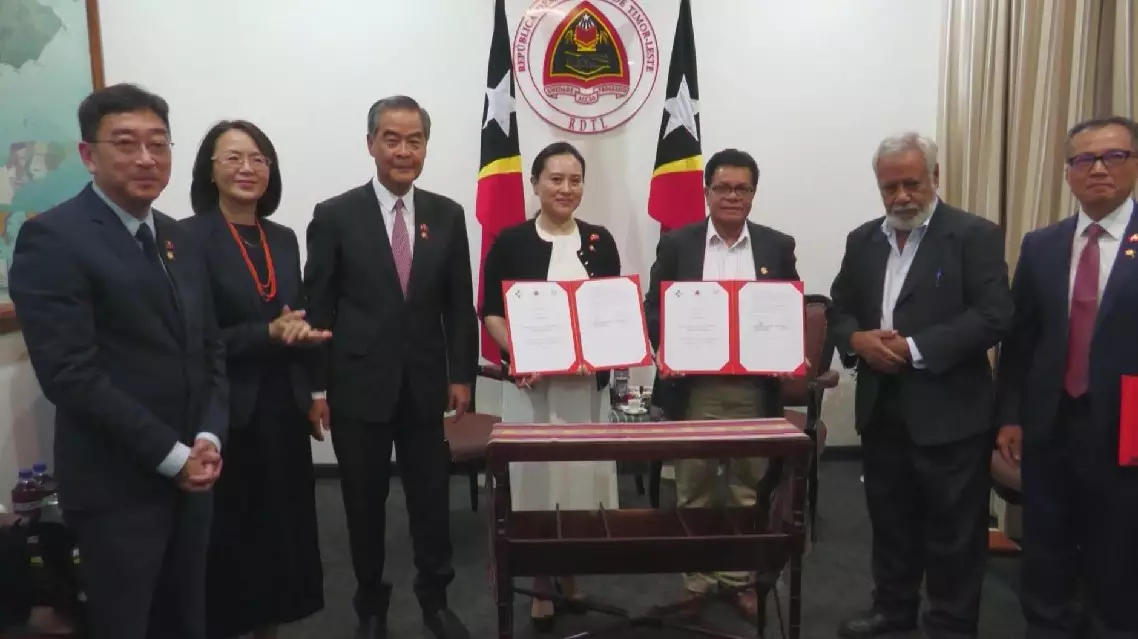
Chinese NGO signs cooperation deals with Timor-Leste on dengue fever prevention, clean water project


